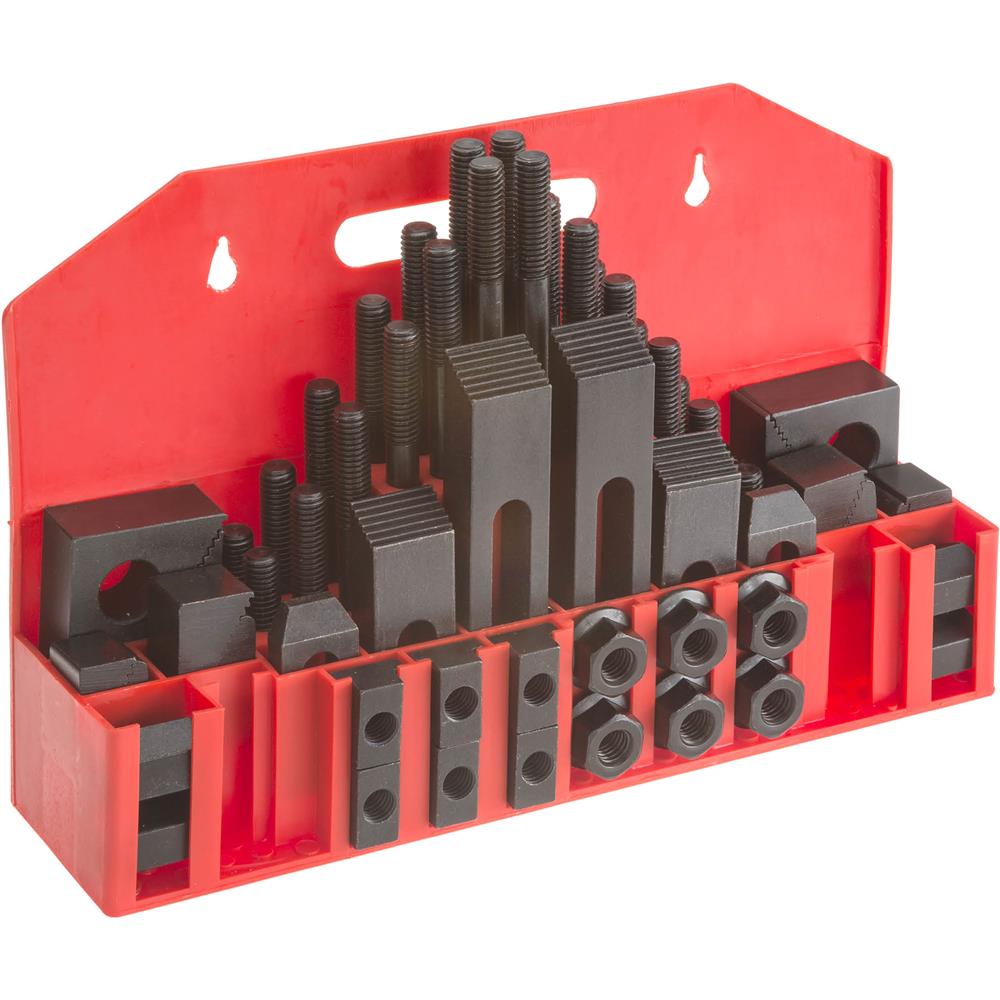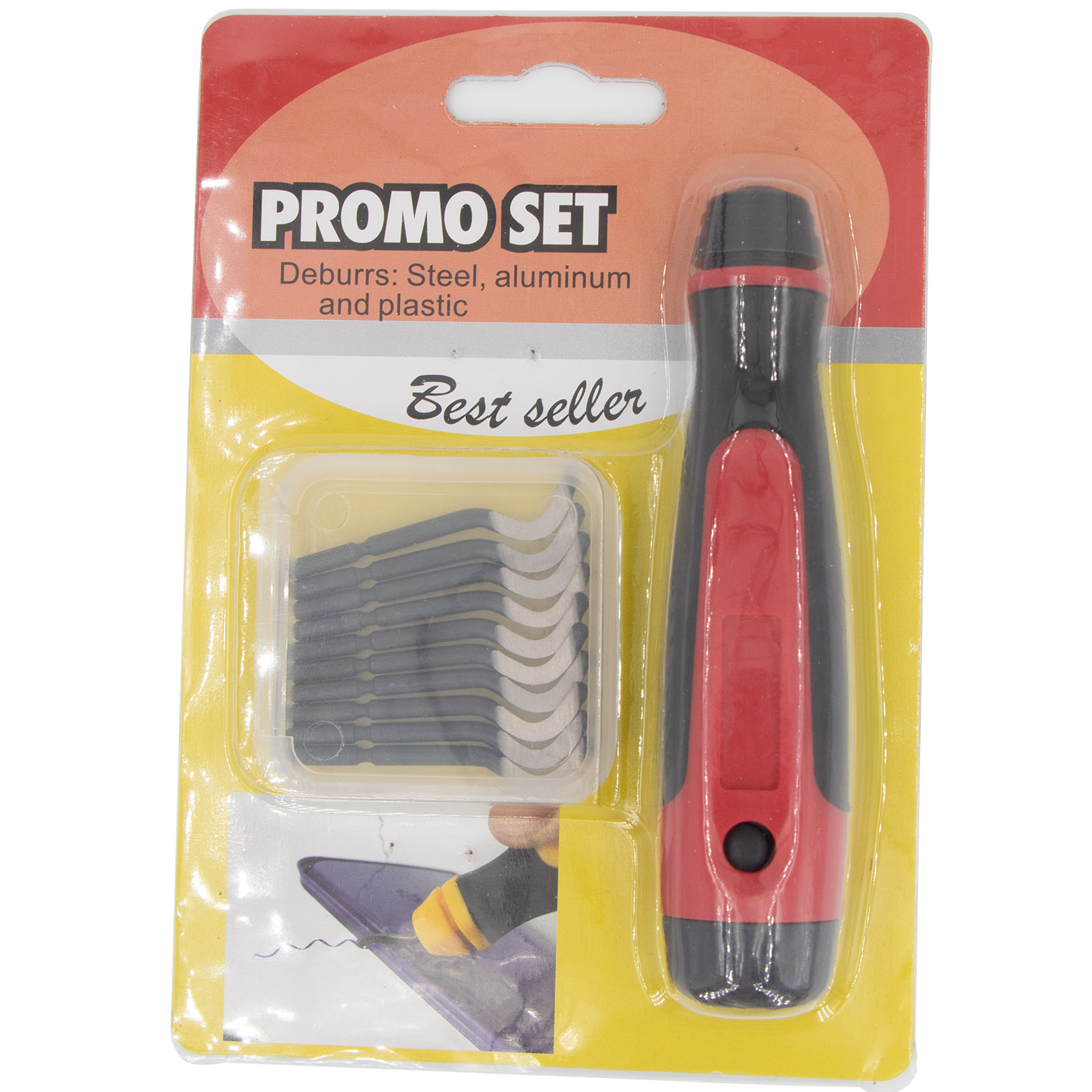ball nose end mill Suppliers
Choosing the right ball nose end mill suppliers is crucial for achieving precision and efficiency in your machining projects. This guide explores key factors to consider when selecting a supplier, types of ball nose end mills, materials, coatings, and applications, helping you make an informed decision for your specific needs.Understanding Ball Nose End MillsBall nose end mills, also known as ball end mills or spherical end mills, are cutting tools characterized by their hemispherical tip. This unique shape makes them ideal for creating contoured surfaces, intricate details, and 3D shapes in a variety of materials.Types of Ball Nose End MillsDifferent types cater to specific applications. Here's a breakdown:Standard Ball Nose End Mills: General-purpose tools suitable for a wide range of materials and applications.Long Reach Ball Nose End Mills: Designed for deep cavities and hard-to-reach areas.Tapered Ball Nose End Mills: Offer increased rigidity and are often used for aggressive cutting and profiling.Miniature Ball Nose End Mills: Ideal for intricate detailing and small-scale projects.Factors to Consider When Choosing a Ball Nose End Mill SupplierSelecting the right supplier ensures you receive high-quality tools that meet your specific requirements. Here are key factors to consider:Quality and ReputationOpt for suppliers known for manufacturing high-quality ball nose end mills with tight tolerances and consistent performance. Look for certifications like ISO 9001. Reading online reviews and checking industry forums can provide valuable insights into a supplier's reputation. Wayleading Tools is committed to providing top-quality ball nose end mills with proven reliability.Material and Coating OptionsThe material and coating of the ball nose end mill significantly impact its performance and lifespan. Common materials include:Carbide: Offers excellent hardness and wear resistance, suitable for a wide range of materials, including steel, aluminum, and composites.High-Speed Steel (HSS): More affordable than carbide but less durable. Suitable for softer materials like aluminum and plastics.Coatings enhance the end mill's properties. Popular options include:Titanium Nitride (TiN): Improves wear resistance and lubricity.Titanium Aluminum Nitride (TiAlN): Provides excellent heat resistance, ideal for high-speed machining of hardened steels.Diamond-Like Carbon (DLC): Offers exceptional hardness and low friction, suitable for abrasive materials.Price and AvailabilityCompare prices from different ball nose end mill suppliers while considering the overall value, including quality, performance, and lifespan. Check for readily available stock and reasonable lead times to avoid project delays. Wayleading Tools offers competitive pricing and ensures timely delivery of ball nose end mills.Customer Support and Technical ExpertiseChoose a supplier that provides excellent customer support and technical expertise. They should be able to answer your questions, offer guidance on selecting the right ball nose end mill for your application, and provide troubleshooting assistance. Wayleading Tools prides itself on providing expert technical support to assist you with your machining needs.Applications of Ball Nose End MillsBall nose end mills are versatile tools used in a wide range of industries, including:Mold and Die Making: Creating complex shapes and contours in molds and dies.Aerospace: Machining intricate components for aircraft and spacecraft.Automotive: Manufacturing engine parts, interior components, and exterior trim.Medical: Producing surgical instruments and implants.Engraving and Carving: Creating detailed designs and artistic features.Choosing the Right Ball Nose End Mill for Your ProjectSelecting the appropriate ball nose end mill depends on several factors:Material to be MachinedThe material's hardness, abrasiveness, and machinability will influence the choice of material and coating. Harder materials require carbide end mills with heat-resistant coatings like TiAlN. Softer materials can be machined with HSS end mills or carbide end mills with TiN coating.Cutting ParametersCutting speed, feed rate, and depth of cut affect the performance and lifespan of the end mill. Consult the supplier's recommendations and adjust the parameters based on your specific machine and workpiece.Machine TypeThe rigidity and power of your machine tool will influence the size and type of ball nose end mill you can use. Smaller, less rigid machines may require smaller diameter end mills and lighter cutting parameters.Troubleshooting Common IssuesEven with the best ball nose end mills, issues can arise. Here are some common problems and how to address them:Chipping or Breakage: This can be caused by excessive cutting forces, improper speeds and feeds, or using an end mill that is not suitable for the material. Reduce cutting forces, adjust speeds and feeds, or use a more robust end mill.Poor Surface Finish: This can be caused by vibration, dull end mill, or improper cutting parameters. Ensure the workpiece and machine are stable, replace the dull end mill, and optimize cutting parameters.Premature Wear: This can be caused by excessive heat, abrasive materials, or improper lubrication. Use a coolant or lubricant, choose an end mill with a more wear-resistant coating, or reduce cutting speeds.A Comparison of Ball Nose End Mill Materials Material Hardness Wear Resistance Cost Applications Carbide High Excellent High Steel, Aluminum, Composites, Hardened Steels HSS Medium Medium Low Aluminum, Plastics, Soft Materials ConclusionChoosing the right ball nose end mill suppliers requires careful consideration of factors like quality, material, coating, price, and customer support. By following the guidelines outlined in this article, you can select a supplier that meets your specific needs and ensures optimal performance in your machining projects. Wayleading Tools provides a comprehensive range of ball nose end mills to suit diverse applications, backed by expert technical support.Disclaimer: This article provides general information and should not be considered professional advice. Always consult with a qualified engineer or machinist before selecting and using ball nose end mills.Learn more about ball nose end mills and other precision cutting tools at Wayleading Tools.
Related products
Related products
Best selling products
Best selling products-
 Precision Outside Micrometer Set With digit Counter Of Inch & Metric With Rachet Stop
Precision Outside Micrometer Set With digit Counter Of Inch & Metric With Rachet Stop -
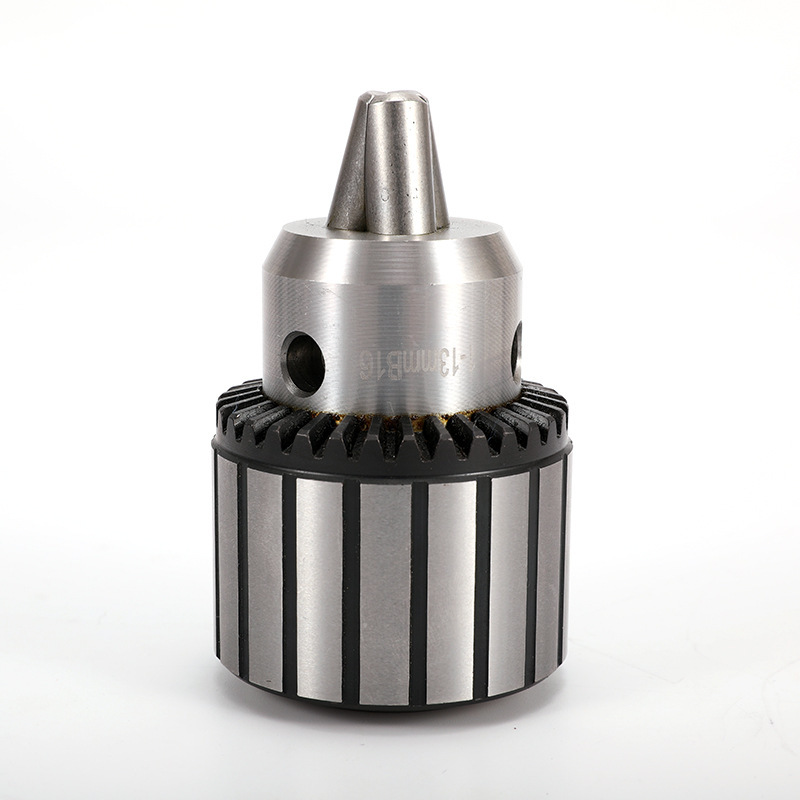 Key Type Drill Chuck With Heavy Duty Type
Key Type Drill Chuck With Heavy Duty Type -
 Precision Outside Micrometer With digit Counter Of Inch & Metric With Rachet Stop
Precision Outside Micrometer With digit Counter Of Inch & Metric With Rachet Stop -
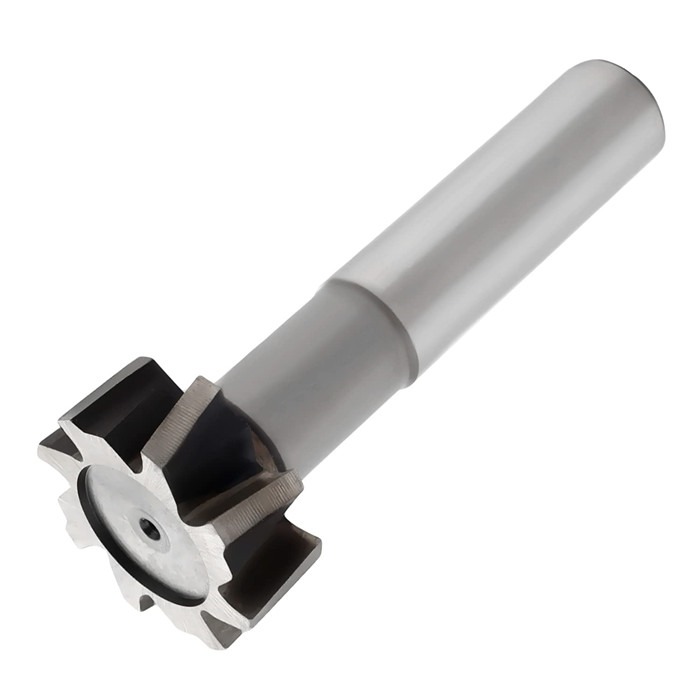 HSS Metric & Inch T Slot End Mill For Industrial
HSS Metric & Inch T Slot End Mill For Industrial -
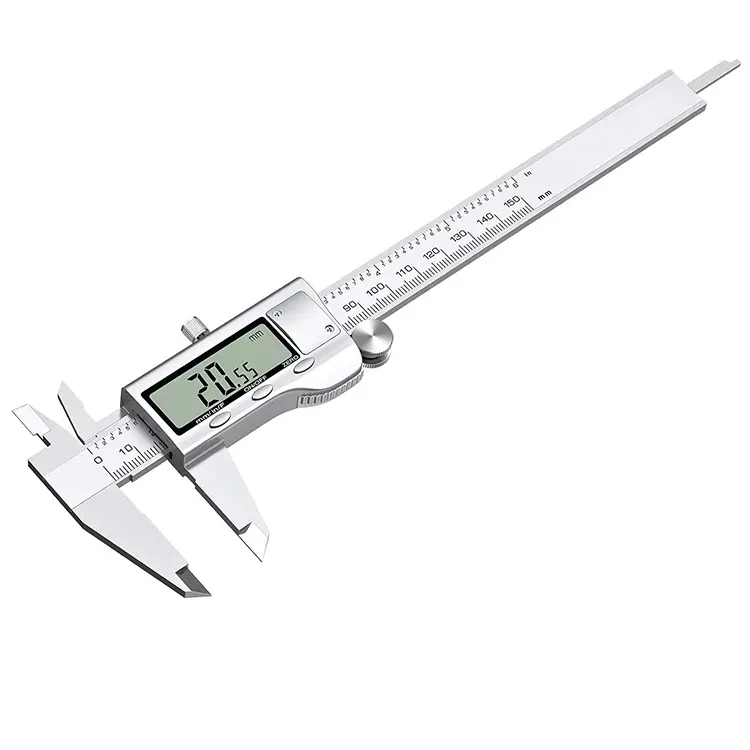 Precision Digital Caliper Of Metal Case For Industrial
Precision Digital Caliper Of Metal Case For Industrial -
 HSS Metric & Inch Dovetail End Mill With 45 And 60 Degree For Industrial
HSS Metric & Inch Dovetail End Mill With 45 And 60 Degree For Industrial -
 HSS Metric & Inch Woodruff Keyseat Cutter With Straight Or staggered Teeth
HSS Metric & Inch Woodruff Keyseat Cutter With Straight Or staggered Teeth -
 CNMG & CNMM Turning Insert For Indexable Turning Tool Holder
CNMG & CNMM Turning Insert For Indexable Turning Tool Holder -
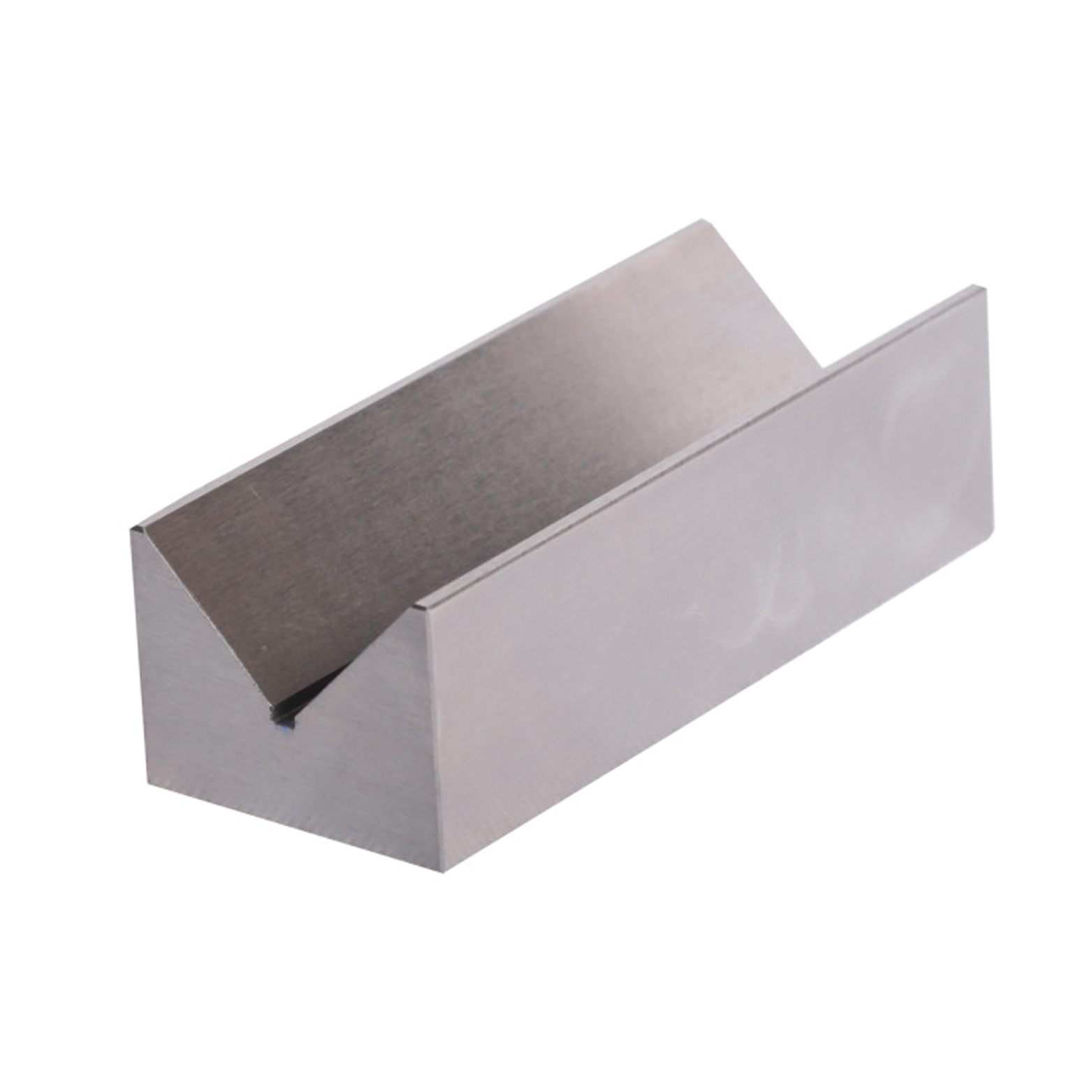 Precision V Block Set With Industrial Type
Precision V Block Set With Industrial Type -
 3 Flutes HSS Chamfering Countersink Drill bitl With 60 And 90 Degree
3 Flutes HSS Chamfering Countersink Drill bitl With 60 And 90 Degree -
 Precision Vernier Caliper Of Metric & Imperial For Industrial
Precision Vernier Caliper Of Metric & Imperial For Industrial -
 HSS Metric Square Tool Bit With Industrial Type
HSS Metric Square Tool Bit With Industrial Type




